Below is an abridged translation of an article by Jianlu Bi published in The South China Morning Post, in which he shares his personal observations and experiences of raising two children in China’s rapidly changing educational landscape. Jianlu Bi is a Beijing-based commentator specializing in international politics and media, with a PhD in communications and a master’s in international studies.
As birth rates have dropped and education policies have changed, my second child's education has become much easier and happier than my first.
Every time the kindergarten and primary school admissions season in Beijing comes to an end, the faces of many families are filled with a mixture of joy and disappointment. This scene reminds me of the turbulent development of China’s education system – a journey that my children and I have experienced.
I was born in rural China in the 1980s, and education was the only way for me to escape poverty. “Knowledge is power” was not just a slogan – it was a belief that my parents, who were farmers, always took to heart. Thanks to their sacrifice and my own efforts, I left my small village school to go to a prestigious university, got a stable job and changed my life.
Now, as a parent, I continue to observe the transformation of Chinese education from a different perspective.
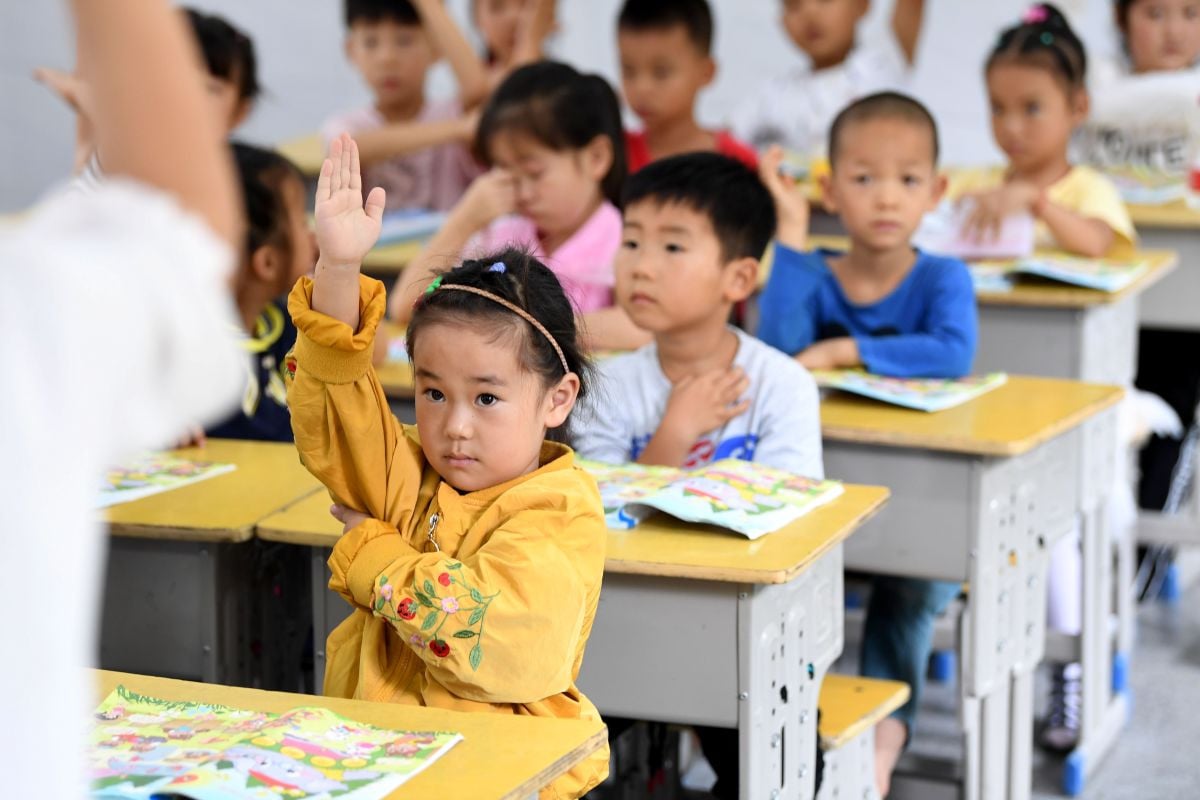
My daughter was born in 2014, just as Beijing was experiencing a population explosion, making the school system more competitive than ever. Finding a place in kindergarten was a arduous journey, with long lines of parents queuing, interviews, and screenings. In primary school, things were even more competitive. Like many other families, I sold my apartment in Chaoyang District to move to Xicheng District, where educational resources were better.
This made my father in the countryside very confused. During video calls, he often complained: “In the past, our family had to sell all the pigs to have enough money to send our children to school, now you sell the house for your children to go to school?”
When I explained that Xicheng’s housing prices were 50,000 yuan per square meter more expensive than Chaoyang’s, but the percentage of students going to top universities was nearly 20% higher, he could only shake his head. “In the past, the entire county had only one good high school, and now Beijing residents can choose any school they want?” he said.
Times have changed. For my parents’ generation, just being able to go to school was considered a blessing; for mine, a good education has become a condition of survival.
My daughter was thus soon drawn into the cycle of extra classes and skill classes. One time, in the middle of a cold winter, I picked her up late from school and found her asleep in the back of the car. The streetlight shining on her eyelashes reminded me of the nights of my childhood studying under a flickering oil lamp. I wondered: Are the immediate achievements worth trading my child’s childhood and creativity?
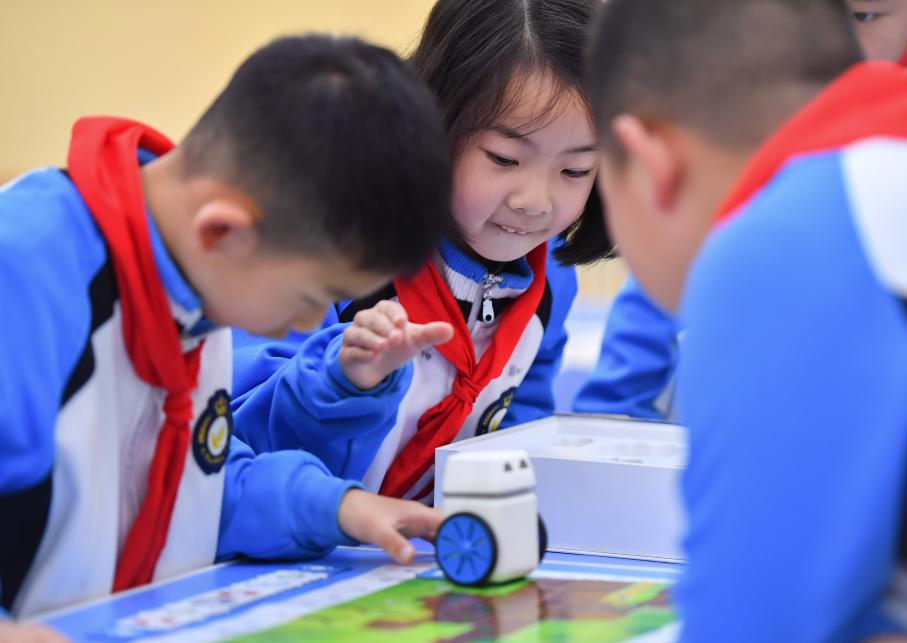
Then, in 2021, when his second son was born, things changed. A falling birth rate, increased public investment, and a revised education policy helped ease the pressure significantly. According to Beijing government figures, 19,000 more kindergarten places will be created in 2024 alone. In Xicheng District, the number of kindergartens will increase from 64 in 2011 to 93 in 2024.
Choosing a school for your son has become a pleasant experience. There is an abundant supply of schools, the admission process is transparent, and the scene of parents huddled under blankets and lining up from dawn like before is no longer the case.
These changes reflect the government’s efforts to reform education, which are clearly outlined in the 2024-2035 education development plan. The goal is to reallocate resources, expand universal preschool education and move towards a more creative and comprehensive education, rather than focusing solely on grades and memorization.
Now, my daughter is gradually freeing herself from the old pressures. When given more autonomy, she was initially surprised, but quickly became engrossed in new activities, like the robotics program at school. One evening, she excitedly showed me the circuit she had designed herself. Her bright eyes made me understand: Nurturing passion and creativity is more important than getting a perfect score in the report card.
With my son, I choose a different approach - letting him explore freely, without the pressure of studying. He is curious about the world around him, loves to build and create. Recently, he spent an afternoon building a cardboard space station, drawing blueprints and imagining the story that went with it. No homework, no grades, just the pure joy of creation.
As parents in a changing society, we have to relearn how to raise our children. Not just preparing for exams, but preparing for a lifelong learning journey. While concerns about higher education and regional disparities remain, I believe a new awareness is emerging: Education is not just about grades, but a journey to help each child develop their potential, ready to adapt and be happy in a changing world.
Source: https://vietnamnet.vn/xua-ban-lon-cho-con-di-hoc-nay-doi-nha-vi-truong-tot-giao-duc-da-khac-the-nao-2449213.html



![[Photo] Solemn opening of the 8th Congress of the Central Public Security Party Committee, term 2025-2030](https://vphoto.vietnam.vn/thumb/1200x675/vietnam/resource/IMAGE/2025/10/4/f3b00fb779f44979809441a4dac5c7df)
![[Photo] Bustling Mid-Autumn Festival at the Museum of Ethnology](https://vphoto.vietnam.vn/thumb/1200x675/vietnam/resource/IMAGE/2025/10/4/da8d5927734d4ca58e3eced14bc435a3)

![[Photo] General Secretary To Lam attends the 8th Congress of the Central Public Security Party Committee](https://vphoto.vietnam.vn/thumb/1200x675/vietnam/resource/IMAGE/2025/10/4/79fadf490f674dc483794f2d955f6045)



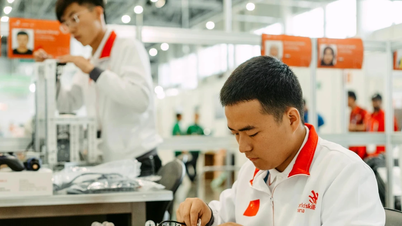


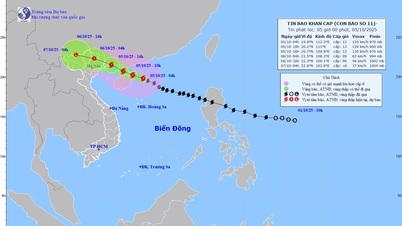

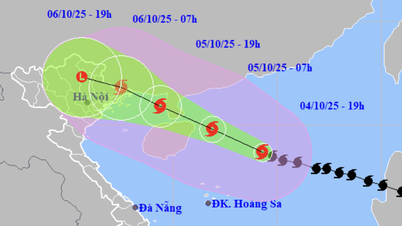

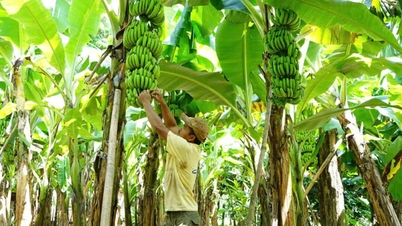


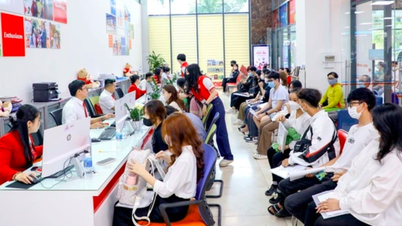

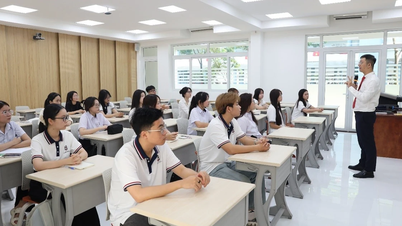
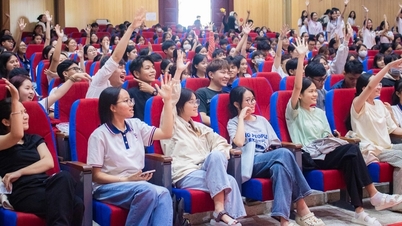





































![[VIDEO] Summary of Petrovietnam's 50th Anniversary Ceremony](https://vphoto.vietnam.vn/thumb/402x226/vietnam/resource/IMAGE/2025/10/4/abe133bdb8114793a16d4fe3e5bd0f12)

![[VIDEO] GENERAL SECRETARY TO LAM AWARDS PETROVIETNAM 8 GOLDEN WORDS: "PIONEER - EXCELLENT - SUSTAINABLE - GLOBAL"](https://vphoto.vietnam.vn/thumb/402x226/vietnam/resource/IMAGE/2025/7/23/c2fdb48863e846cfa9fb8e6ea9cf44e7)
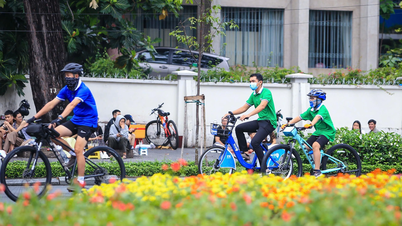



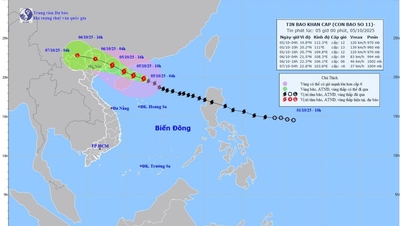

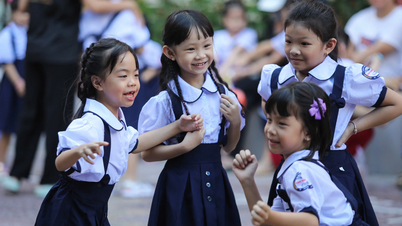








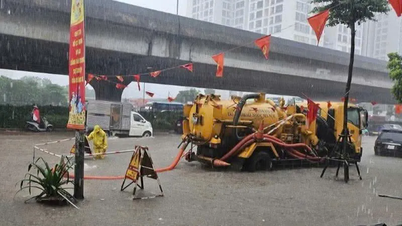





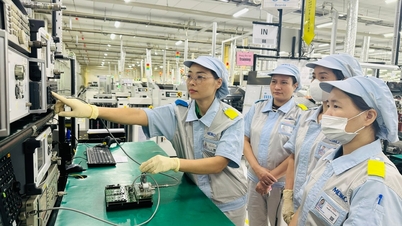

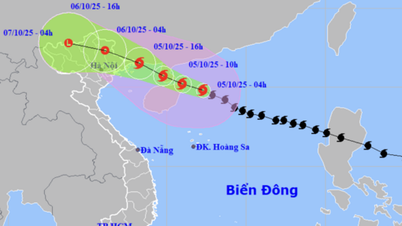

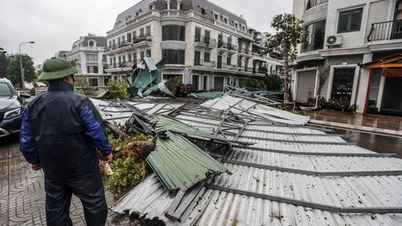









Comment (0)